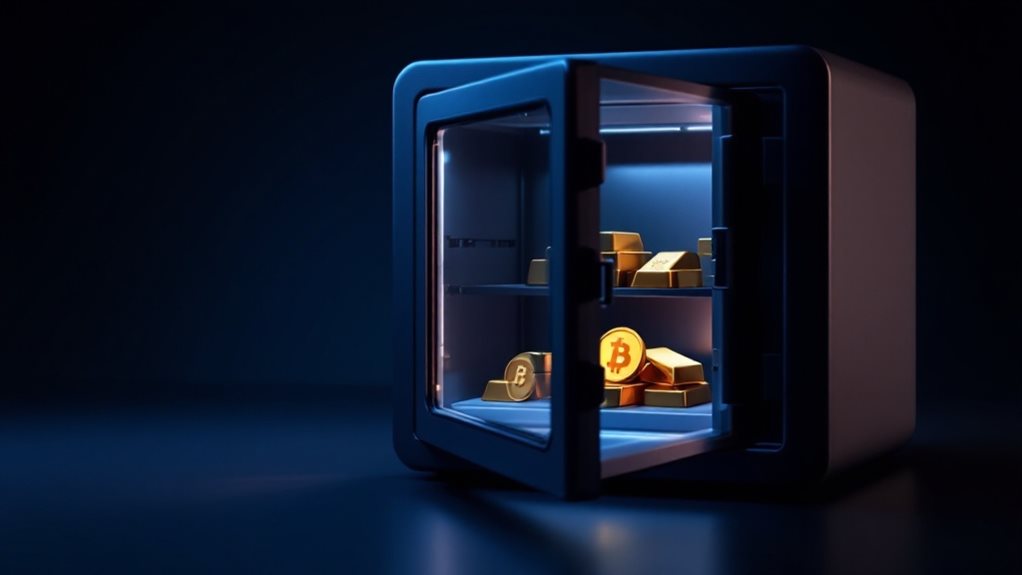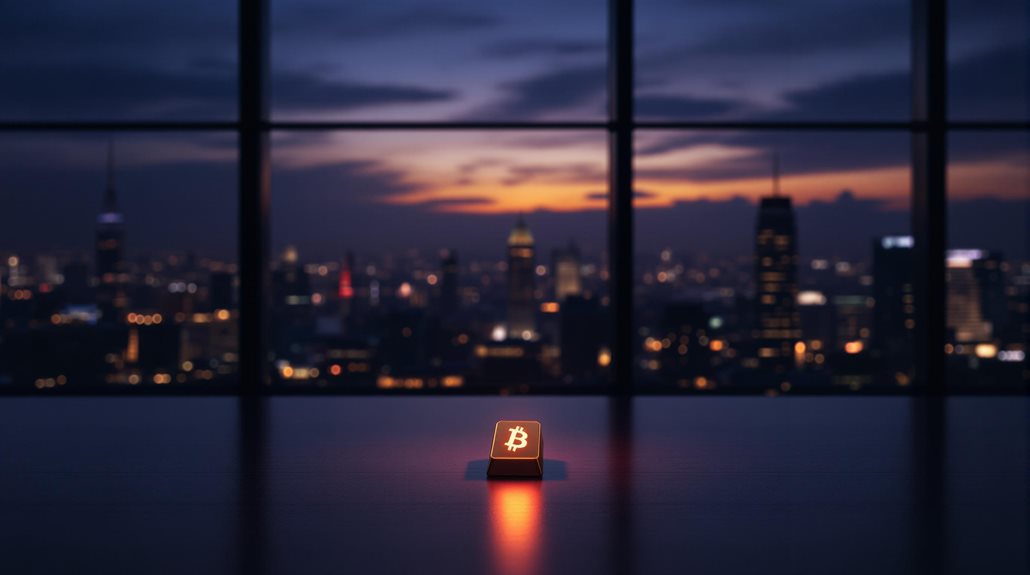Bitcoin's value comes from its limited supply of 21 million coins and growing adoption worldwide. Like digital gold, it can't be copied or created at will, making it scarce and potentially valuable. It's decentralized, meaning no government controls it, and it's secured by advanced technology. Major companies are buying Bitcoin for their treasuries, while more stores now accept it as payment. The story of Bitcoin's rise from experiment to global asset reflects its evolving worth.

Bitcoin's unique qualities help explain its growing value in today's digital economy. Unlike traditional money that governments can print endlessly, Bitcoin has a fixed supply that's limited to 21 million coins. About 19.8 million bitcoins are currently in circulation, and the rate of new bitcoin creation gets cut in half every four years through events called halvings. This built-in scarcity makes Bitcoin more like digital gold than regular currency.
The Bitcoin network operates without any central authority in charge. Instead, it relies on thousands of computers worldwide that work together to verify and record all transactions. This decentralized system makes it nearly impossible for any government or organization to control or shut down Bitcoin. The network uses advanced cryptography to prevent anyone from spending the same bitcoin twice, and all transactions are permanently recorded on Bitcoin's blockchain. Historical data shows that price surges follow each halving event.
Bitcoin's becoming popular as a store of value, similar to how people view gold. It's not tied to the stock market or other traditional investments, which makes it useful for diversifying. You can divide each bitcoin into tiny pieces called satoshis, making it easy to buy, sell, or transfer any amount. Big companies have started buying Bitcoin for their treasuries, showing that it's gaining acceptance in the business world. Market sentiment often fluctuates between fear and greed driving price action.
Bitcoin leads all cryptocurrencies in market value and recognition. More stores and payment companies now accept Bitcoin, making it easier to use in everyday transactions. Traditional financial companies are creating Bitcoin investment products, helping connect it to the regular financial system. The network's security keeps getting stronger, as shown by its increasing hash rate, which measures the computing power protecting Bitcoin. Global economic uncertainty has made Bitcoin increasingly attractive as a hedge against inflation and financial instability.
The value of Bitcoin comes from its unique combination of features. Its limited supply means it can't be inflated away like regular money. Its decentralized nature makes it resistant to control or censorship. Some bitcoins have been permanently lost over time, making the remaining ones even more scarce.
As more people and businesses adopt Bitcoin, its network becomes more valuable through the network effect – the same way social networks become more useful as more people join them. These qualities have helped Bitcoin grow from a small experiment to a globally recognized digital asset.
Frequently Asked Questions
How Do I Safely Store My Bitcoin Investments?
Bitcoin investors typically use three main storage methods.
Hardware wallets, which are physical devices that keep Bitcoin offline, are considered the most secure option.
Software wallets on phones or computers offer more convenience for regular transactions.
Paper wallets, which are printed documents with Bitcoin keys, aren't as common anymore.
Many people use a mix of these methods, keeping some Bitcoin in hardware wallets for long-term storage and some in software wallets for daily use.
What Happens to Bitcoin if the Internet Goes Down Globally?
If the internet goes down globally, Bitcoin's network would temporarily pause but not disappear.
The blockchain data stays safe on thousands of computers worldwide. While new transactions couldn't be processed during the outage, the network would resume once connectivity returns.
Bitcoin can even work through alternative methods like satellites and radio waves.
It's like hitting a pause button – everything stays intact until the internet comes back online.
Can Governments Successfully Ban or Regulate Bitcoin?
Governments can partially regulate Bitcoin but can't fully ban it due to its decentralized nature.
While they can restrict local exchanges, ban businesses from accepting it, or make it illegal, they can't stop people from using Bitcoin directly through the internet.
China's complete ban, for example, didn't eliminate Bitcoin use – it just pushed activities underground.
The network continues to operate globally even when individual countries try to control it.
How Many People Actually Use Bitcoin for Daily Transactions?
Based on the latest data, about 324,412 Bitcoin transactions occur daily, though this number fluctuates.
There's an average of 16,443 transactions per hour. However, it's worth noting that not all these are everyday purchases – many are trades or large financial moves.
Looking at active addresses, about 747,207 addresses interact with the network daily.
That's a small number compared to the 48 million addresses that hold at least $1 worth of Bitcoin.
What Makes Bitcoin Different From Other Cryptocurrencies?
Bitcoin's main differences from other cryptocurrencies include its first-mover advantage as the original crypto and its dominant market position.
It has the largest market value and highest global recognition.
Bitcoin focuses on being a simple digital currency and store of value, while many other cryptos offer additional features like smart contracts.
It's also known for having the strongest network security and most decentralized structure among cryptocurrencies.





